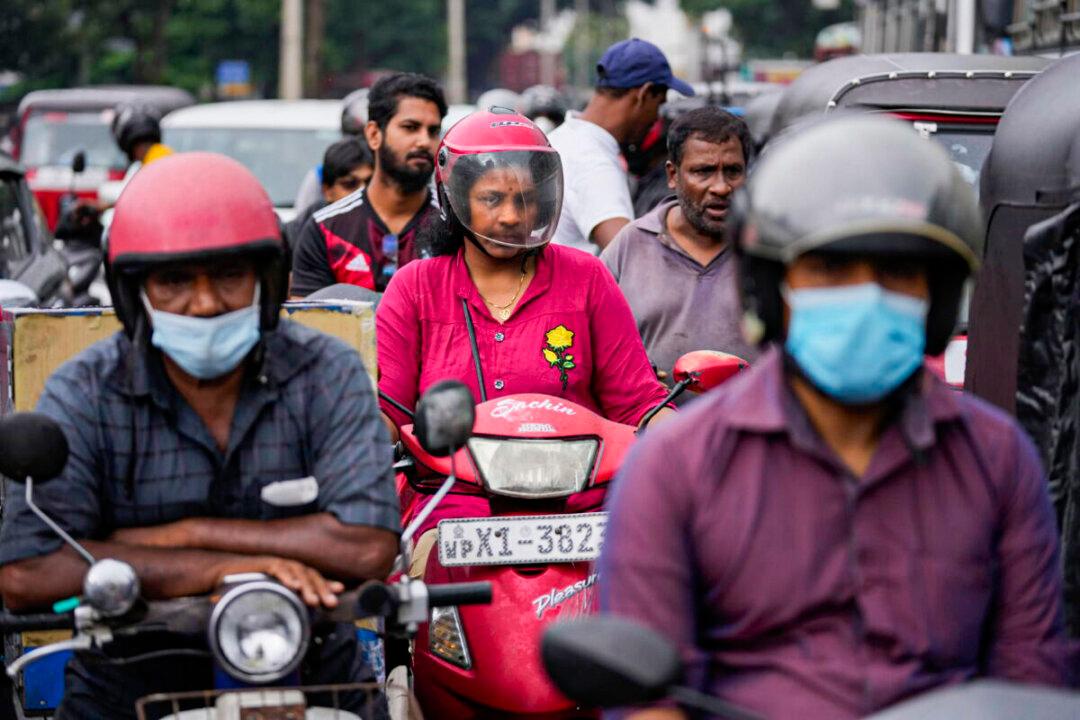Protests erupted in Bangladesh after the government raised fuel prices by a record 51.2 percent, with thousands of people thronging gas stations before the increase went into effect.
The price of gasoline was boosted to 130 takas ($1.36) per liter on Aug. 6, while 95-octane gasoline increased 51.7 percent to 135 takas ($1.42). Diesel and kerosene jumped 42.5 percent.





